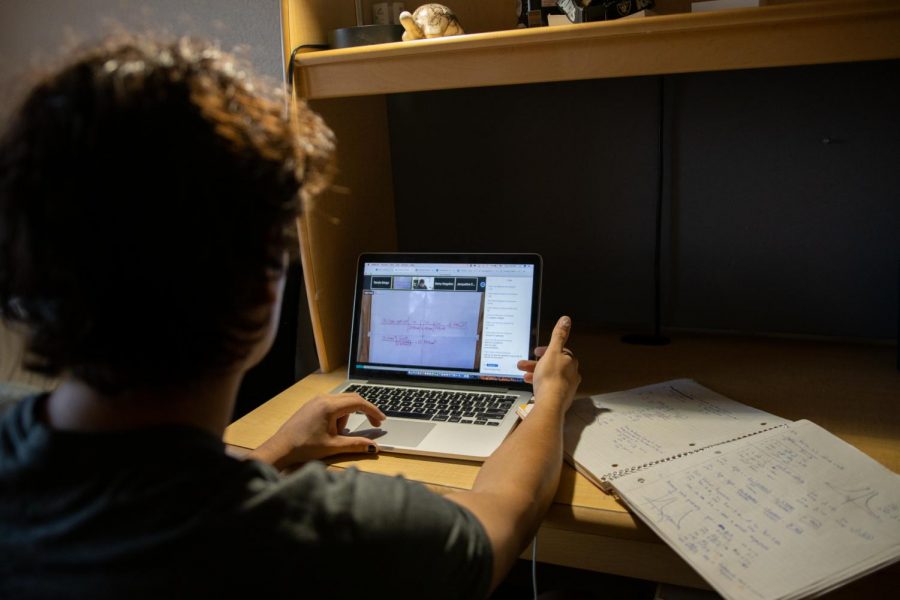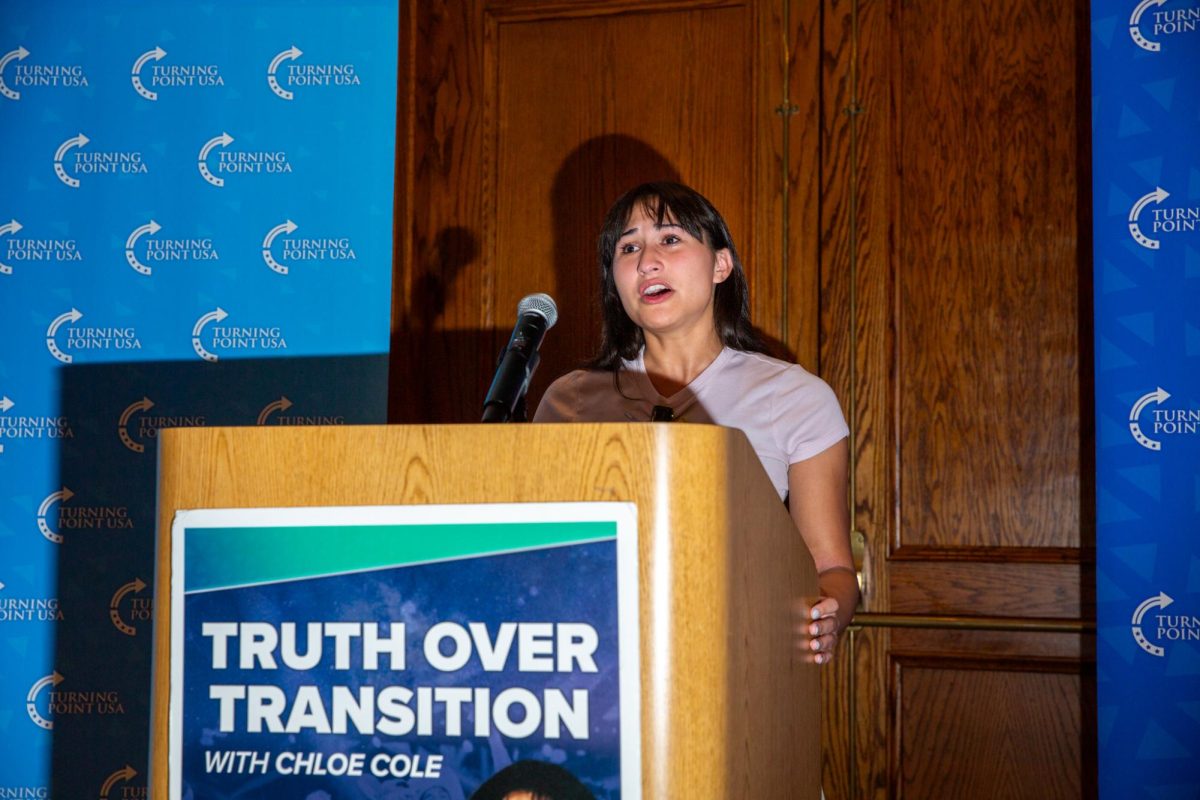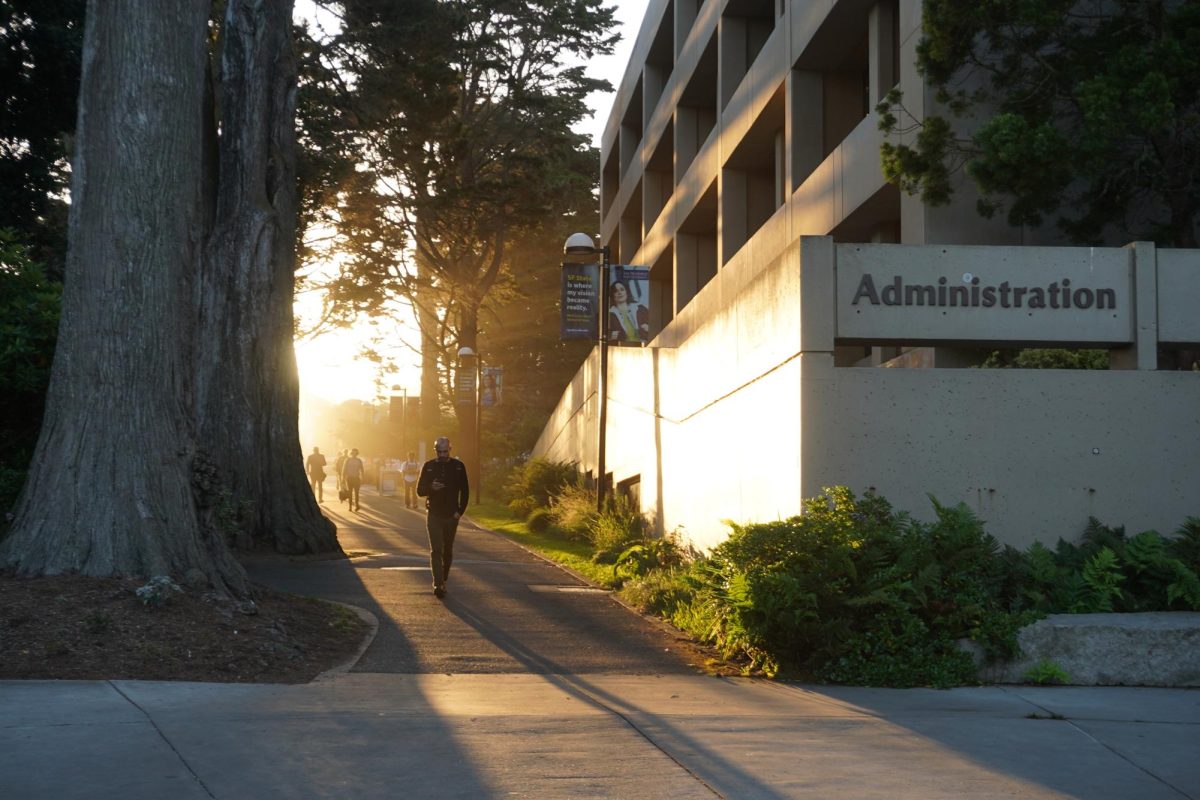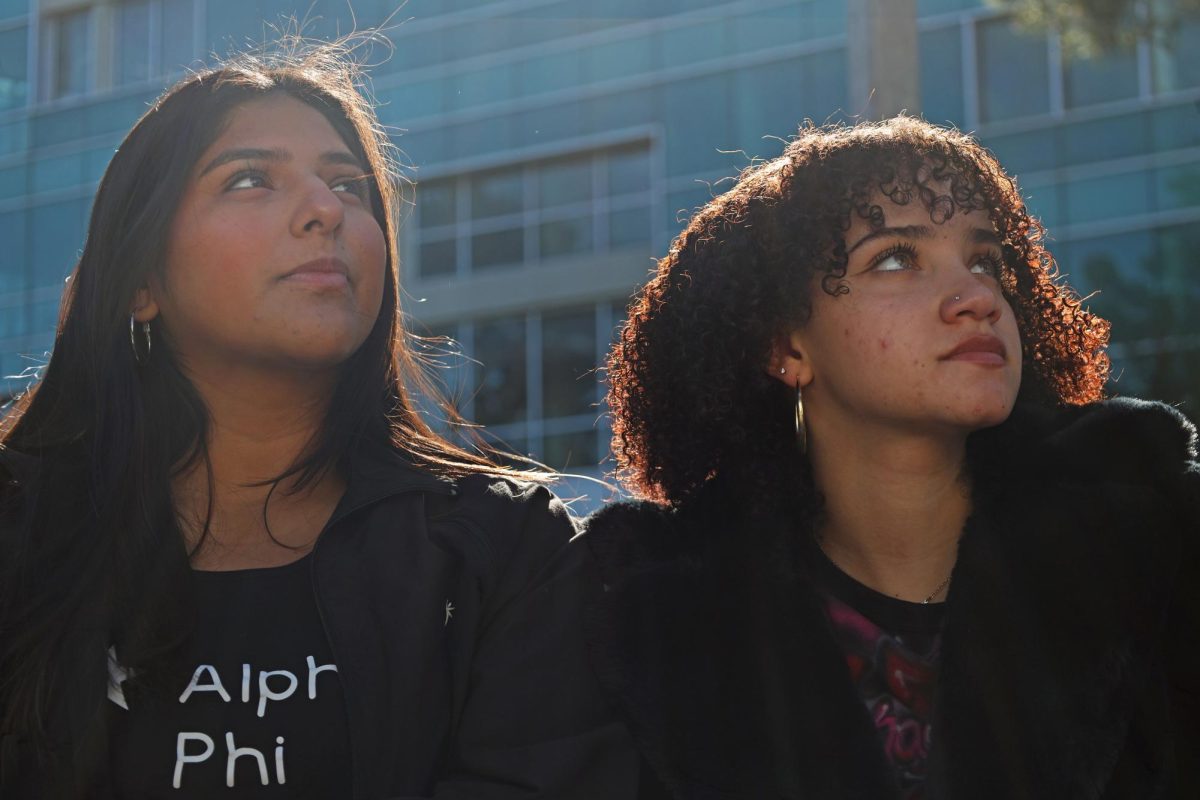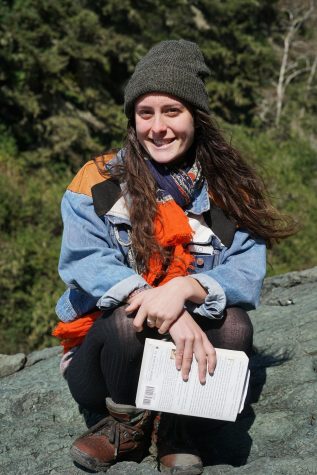Monica Ferrey always had intentions of returning to SF State to complete her degree, but the strains of being a single parent struggling to afford in the Bay Area was a constant stressor that kept pushing her return date back – even before the pandemic struck.
Throughout the pandemic, Ferrey has been working with San Francisco’s Recreation & Parks Department as a community outreach specialist. Her job became activated as a disaster service worker, and her role early on was to help coordinate emergency childcare services for first responders.
January marked her return to her studies for the first time since her father passed away in 2016, through the College of Extended Learning, paying full price for a class that would count toward her unfinished degree in health education. Ferrey enrolled that semester because she wanted to get back on track to complete her degree and because it would function as a distraction and something to focus on outside of her job.
It was during re-enrollment for classes in Spring 2021 that she first became aware of the “Courses for Causes” program, offering course discounts to essential workers, and was able to enroll in two classes while paying just a fraction of the cost.
“They really are aware of what people are going through. I felt like it was a really great way to honor us,” said Ferrey.
Courses for Causes was conceptualized by the California State University’s Professional and Continuing Education program, also known as PaCE, which oversees each of the 23 CSU campuses’ extended education programs. At SF State, this is the CEL.
According to the assistant vice chancellor and dean of PaCE, Dr. Sheila Thomas, the idea of offering courses to essential workers at a discounted cost arose early on in the pandemic. She described seeing people working long shifts in the wake of disruption as a reason to find a way to give back.
“I think it’s really been a major success in different ways. I think it’s really filled a need,” Thomas said. “I think it’s also shown another side of the CSU that I think is probably not as well known. We’re really proud of the whole program.”
The Courses for Causes program began in Summer 2020, with 14 participating campuses, including SF State. There were 6,211 course enrollments across the CSU system with each campus having the opportunity to either opt-in or out of the program each semester. There are currently 10 participating schools.
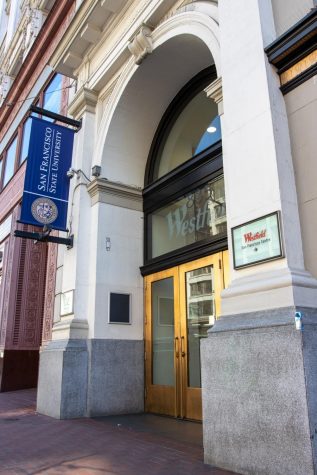
PaCE does not receive state funding, and all programs within each campus’ extended education program operate mainly using the student fees they receive. CEL is the only entirely self-supported college at SF State and does not receive state funding. All costs of the college are covered by fees from course enrollments.
“We are entirely self-supported and paid so we don’t receive any state funding,” Thomas said. “Even though there was a financial risk, it was worth taking because it was the right thing to do.”
According to SF State’s dean of the CEL, Dr. Alex Hwu, it typically brings in a revenue of $16 million annually, but this year he would be “really happy to break $12 million.” The CEL differs from the rest of the university, charging students by the specific courses they take. Even with a tighter budget, SF State has opted in for the Courses for Causes program every semester since it began.
Under the program, CEL students who are also essential workers are eligible for a complete waive of their first course’s tuition and a 50% reduction of their second course. Courses offered include biotechnology, geographic information systems, human resource management, paralegal studies and project management, which are all eligible for the Courses for Causes discount.
SF State took it a step further and extended the Courses for Causes program to Open University as well, which allows those without a formal university admission to still take classes when seats are available.
Andrew Schipper received his bachelor’s degree in music at Sonoma State University in 2010. In Fall 2020, he enrolled in two courses that were a part of the requirements for applying to SF State’s master’s program in psychology. He had paid full cost for these classes, but upon seeing the Courses for Causes program, he figured he may as well apply and see if he could receive the discount retroactively.
“I was disbelieving in that someone was going to put $1,800 in a check and send it to me in the mail. I mean, why would that happen for free?” Schipper said. “But the fact that I am an essential worker is kind of an important thing right now.”
Schipper has been working various jobs over the last year, initially as a supervisor at Party City and later as a cashier at Wilco in Petaluma, both of which are now considered essential work. Throughout the year he has also been a caregiver for his roommate along with driving for UberEats.
During the Spring 2021 semester, about 275 SF State students enrolled in the program, 55 of them through Open University, according to Hwu. This is just a small fraction of all CEL students, which Hwu said typically includes about 3,500 course enrollments per semester.
For Christine Randolph, the Courses for Causes program provided a way to continue her professional development. Randolph is a proud alumni, holding both a bachelor’s and master’s degree from SF State. Since 2018, she has worked at Zuckerberg General Hospital’s inpatient psychiatry department as a behavioral health clinician.
Randolph enrolled in a human resource management class this semester through the program, which she says brings her peace of mind away from her work.
“I think this is a great way for essential workers to have self-reflection time and self-improvement time,” Randolph said. “I think it is a wonderful win-win for the community here in San Francisco.”
PaCE intends to keep the program around as long as possible — and necessary. According to Thomas, it is likely to extend at least through Summer 2021. “Then we’ll kinda see where we are at after then,” Thomas said.
SF State will continue to opt into the Courses for Causes program, and according to Hwu, the CEL has no intention to stop providing this service.
“I want to figure out a way to better our program offering, in a way to make the coming back to school much more attainable and accessible in a way, not just for essential workers,” Hwu said.




